Which assignment is correct in Java? This comprehensive guide delves into the intricacies of Java assignment syntax, providing a clear understanding of how to assign values to variables and objects, ensuring code accuracy and efficiency.
Understanding the nuances of assignment in Java is crucial for writing robust and maintainable code. This guide will equip you with the knowledge to navigate the complexities of Java assignment syntax, empowering you to write code with confidence.
Overview of Java Assignment Syntax: Which Assignment Is Correct In Java
Java assignment syntax refers to the rules and structure used to assign values to variables in a Java program. The basic syntax of a Java assignment statement is:
variable_name = value;
Where:
- variable_name is the name of the variable to which the value is being assigned.
- value is the value being assigned to the variable.
Here are some examples of valid Java assignment statements:
- int age = 25;
- String name = “John Doe”;
- double pi = 3.14;
Here are some examples of invalid Java assignment statements:
- 25 = age;
- “John Doe” = name;
- 3.14 = pi;
Primitive Data Types and Assignment
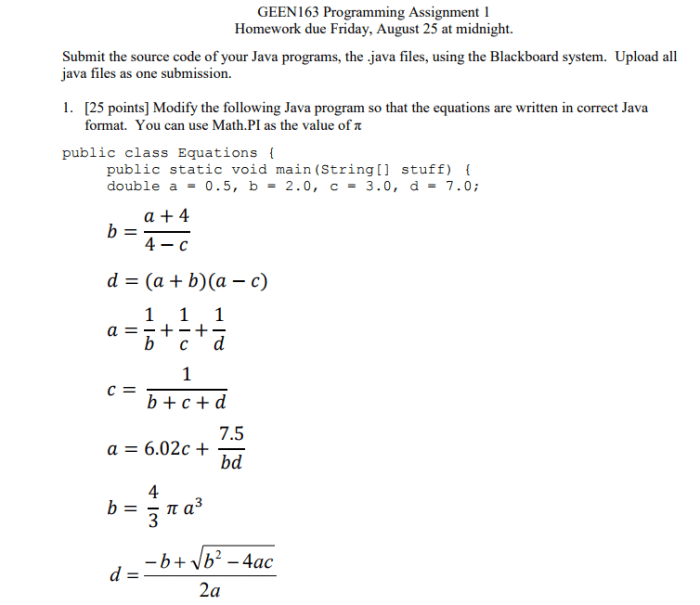
Primitive data types are fundamental data types in Java that represent basic values. They include:
- Numeric types: byte, short, int, long, float, double
- Character type: char
- Boolean type: boolean
To assign values to primitive data type variables, use the assignment operator (=). For example:
int age = 25; char letter = 'a'; boolean isTrue = true;
Type compatibility in assignment ensures that the value assigned to a variable is of the same type or a compatible type. Compatible types include:
- Widening conversions: Smaller types (byte, short, char) can be assigned to larger types (int, long, float, double) without losing data.
- Narrowing conversions: Larger types (long, float, double) can be assigned to smaller types (byte, short, char) with potential loss of data.
- Implicit type casting: The compiler automatically performs widening conversions. For narrowing conversions, explicit casting is required using the target type.
Object References and Assignment
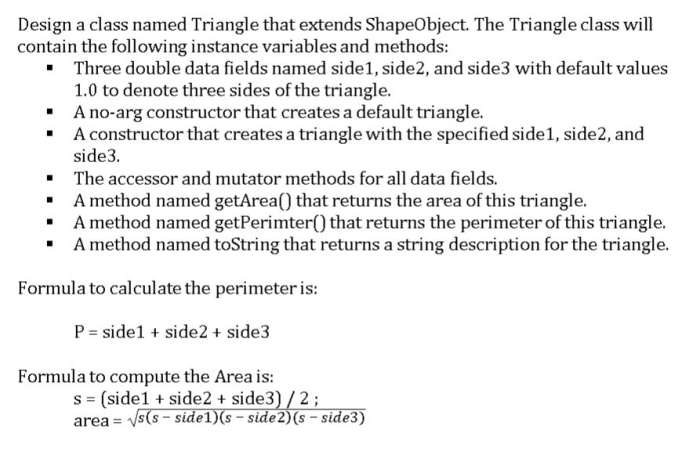
In Java, an object reference is a variable that stores the memory address of an object. It is a way to access the object and its methods and fields.
To assign an object to a reference variable, we use the assignment operator (=). For example:
String name = new String("John Doe");
In this example, we create a new String object with the value “John Doe” and assign it to the reference variable name.
Null References
A null reference is a reference variable that does not point to any object. It is represented by the null . Null references are used to indicate that a variable does not currently refer to an object.
It is important to note that null references are not the same as empty objects. An empty object is an object that has no data, while a null reference does not point to any object at all.
Compound Assignment Operators

Compound assignment operators are a shorthand way to assign a new value to a variable based on its current value. They combine an assignment operator with an arithmetic or bitwise operator, allowing you to perform a calculation and assignment in a single line of code.
List of Compound Assignment Operators, Which assignment is correct in java
+=: Adds the right-hand operand to the left-hand operand and assigns the result to the left-hand operand.-=: Subtracts the right-hand operand from the left-hand operand and assigns the result to the left-hand operand.*=: Multiplies the left-hand operand by the right-hand operand and assigns the result to the left-hand operand./=: Divides the left-hand operand by the right-hand operand and assigns the result to the left-hand operand.%=: Computes the remainder of the left-hand operand divided by the right-hand operand and assigns the result to the left-hand operand.<<=: Shifts the left-hand operand left by the number of bits specified by the right-hand operand and assigns the result to the left-hand operand.>>=: Shifts the left-hand operand right by the number of bits specified by the right-hand operand and assigns the result to the left-hand operand.&=: Performs a bitwise AND operation between the left-hand operand and the right-hand operand and assigns the result to the left-hand operand.^=: Performs a bitwise XOR operation between the left-hand operand and the right-hand operand and assigns the result to the left-hand operand.|=: Performs a bitwise OR operation between the left-hand operand and the right-hand operand and assigns the result to the left-hand operand.
Examples of Using Compound Assignment Operators
int x = 10; x += 5;: Adds 5 to the value of x, resulting in x being 15.double y = 20.5; y-= 3.2;: Subtracts 3.2 from the value of y, resulting in y being 17.3.long z = 1000; z-= 2;: Multiplies the value of z by 2, resulting in z being 2000.short w = 12; w /= 3;: Divides the value of w by 3, resulting in w being 4.
Advantages and Drawbacks of Using Compound Assignment Operators
- Advantages:
- Shorthand notation for common operations.
- Can improve code readability and conciseness.
- Can optimize code performance by reducing the number of operations.
- Drawbacks:
- Can be confusing to read and understand.
- Can make it difficult to track changes to variables.
- Can lead to errors if not used carefully.
Assignment in Conditional Statements
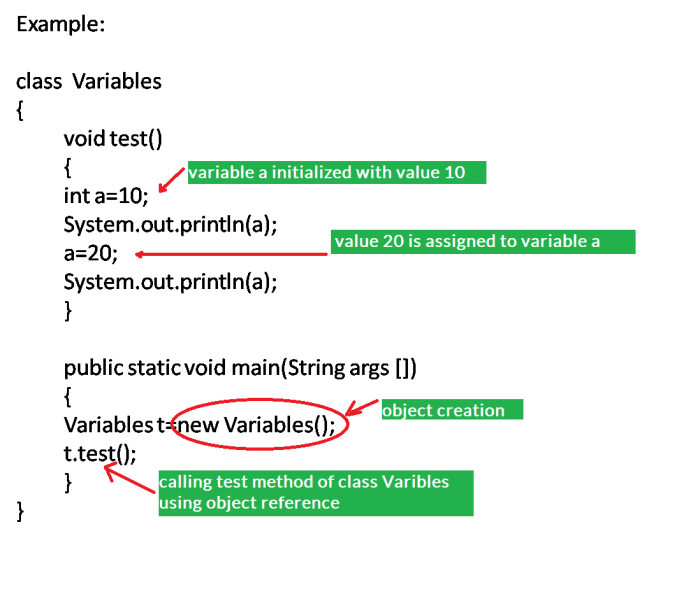
Assignment can be used within conditional statements to set the value of a variable based on the outcome of the condition. This can be useful for controlling the flow of execution or storing intermediate results.
if-else Statements
In an if-else statement, assignment can be used to set the value of a variable based on whether the condition is true or false. For example:
int x = 5; if (x > 0) x = x + 1; else x = x - 1;
In this example, the value of xis incremented by 1 if it is greater than 0, or decremented by 1 if it is less than or equal to 0.
switch Statements
In a switch statement, assignment can be used to set the value of a variable based on the value of a selector expression. For example:
String color = "red";
switch (color)
case "red":
x = 1;
break;
case "green":
x = 2;
break;
case "blue":
x = 3;
break;
default:
x = 0;
In this example, the value of xis set to 1 if the value of coloris "red", 2 if the value of coloris "green", 3 if the value of coloris "blue", or 0 otherwise.
Potential Pitfalls
There are some potential pitfalls to be aware of when using assignment in conditional statements. One pitfall is that it can be easy to create unintended side effects. For example, the following code snippet will not work as intended:
int x = 5; if (x > 0) x++; else x--;
In this example, the value of xwill always be incremented by 1, regardless of the value of x. This is because the ++operator increments the value of xand then returns the new value, which is always greater than 0. To fix this code snippet, the assignment operator should be used instead of the ++operator:
int x = 5; if (x > 0) x = x + 1; else x = x - 1;
Another pitfall to be aware of is that it can be easy to create infinite loops. For example, the following code snippet will create an infinite loop:
int x = 5; while (x > 0) x = x - 1;
In this example, the value of xwill never reach 0, because the assignment operator is used to decrement the value of xby 1. To fix this code snippet, the comparison operator should be used instead of the assignment operator:
int x = 5; while (x > 0) x--;
Assignment in Loops
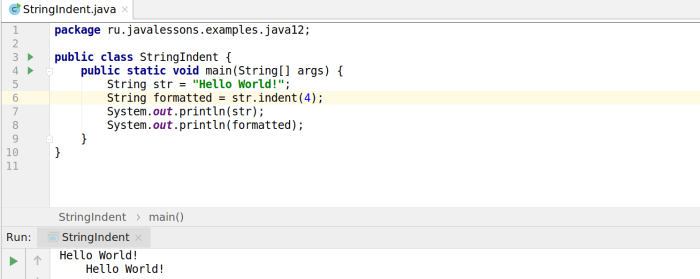
Assignment is crucial in loops, allowing for iterative modifications of variables and ensuring the loop's termination. It involves assigning new values to variables within the loop's body.
For Loops
In for loops, assignment is used to initialize the loop variable, update it during each iteration, and check its condition. For example:
for (int i = 0; i < 10; i++)
// code to be executed
Here, the assignment i = 0 initializes the loop variable i, i< 10 checks the condition, and i++ updates the variable for the next iteration.
While Loops
While loops use assignment to initialize and update the loop variable while checking its condition. For example:
int i = 0;
while (i < 10)
// code to be executed
i++;
The assignment i = 0 initializes i, while i< 10 checks the condition, and i++ increments it for each iteration.
Do-While Loops
Do-while loops perform assignment within the loop's body, ensuring that the loop executes at least once. For example:
int i = 0;
do
// code to be executed
i++;
while (i < 10);
The assignment i++ updates the variable within the loop, while i< 10 checks the condition after each iteration.
Importance of Proper Assignment
Proper assignment in loops is essential to prevent infinite loops. If the assignment is incorrect, the loop variable may not be updated or checked correctly, leading to an endless loop. For instance, if i++ is omitted in the while loop example, the loop will run indefinitely.
Best Practices for Assignment
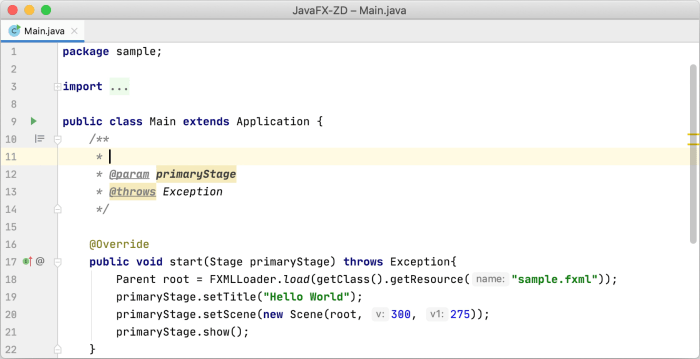
When using assignment in Java code, it is important to follow best practices to ensure code clarity and maintainability. These best practices include using descriptive variable names, assigning meaningful values, and avoiding common pitfalls.
Descriptive Variable Names
Variable names should clearly describe the purpose of the variable and its contents. Avoid using vague or generic names like "x" or "temp." Instead, use names that provide context and meaning, such as "customerName" or "totalCost."
Meaningful Assignment Values
When assigning values to variables, ensure that the values are meaningful and make sense in the context of the code. Avoid assigning arbitrary or meaningless values that could lead to confusion or errors.
Avoid Common Pitfalls
- NullPointerExceptions:Ensure that objects are properly initialized before assigning them to variables to avoid NullPointerExceptions.
- Type Mismatches:Verify that the assigned value is compatible with the data type of the variable to avoid type mismatches and potential errors.
- Side Effects:Be aware of any potential side effects of assignments, such as modifying the value of an object in multiple places.
Question Bank
What is the correct syntax for a Java assignment statement?
An assignment statement in Java follows the syntax: variable = value;
Can I assign a value of one data type to a variable of another data type?
Yes, but you need to perform explicit type casting to ensure compatibility.
What is the difference between a primitive data type and an object reference?
Primitive data types store actual values, while object references store the address of objects in memory.
What are the advantages of using compound assignment operators?
Compound assignment operators simplify code and improve readability by combining assignment and arithmetic operations.
Can I use assignment within conditional statements?
Yes, you can use assignment within conditional statements to evaluate expressions and set values based on the outcome.